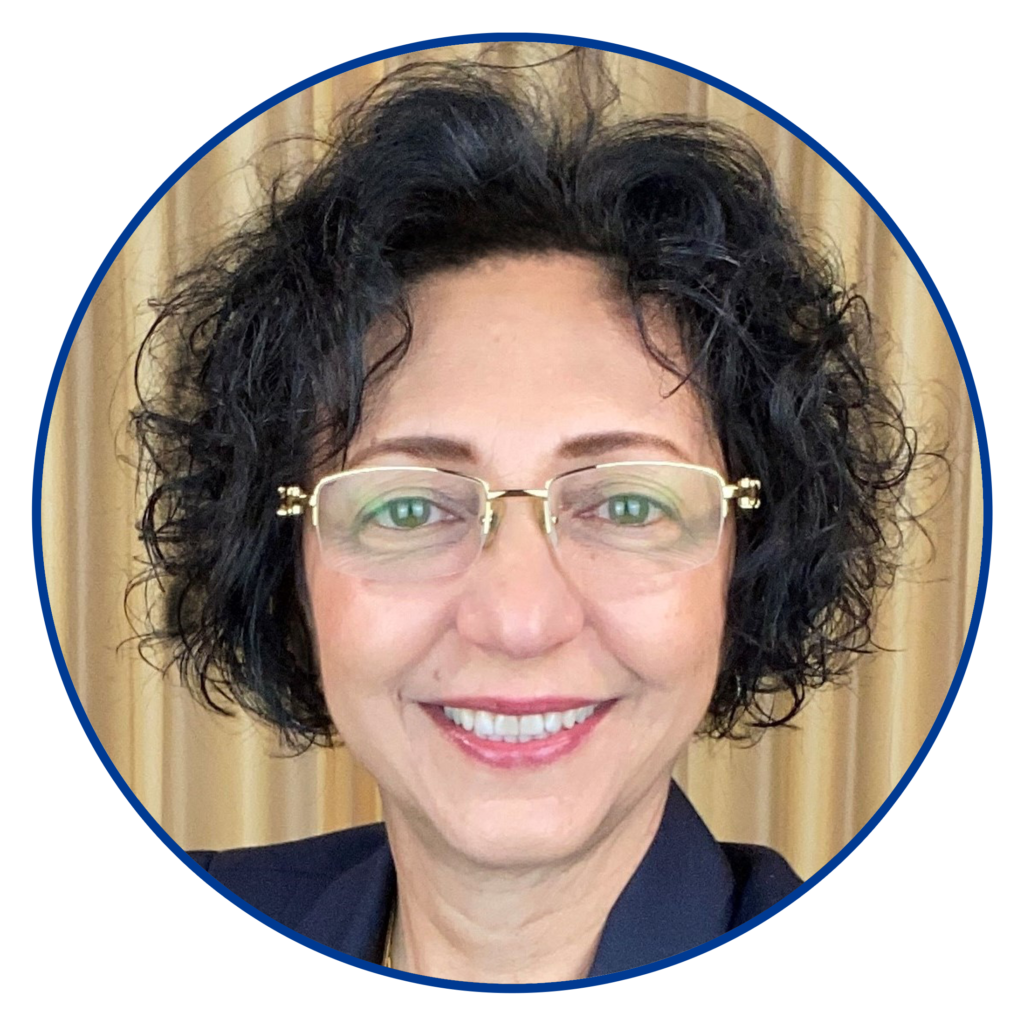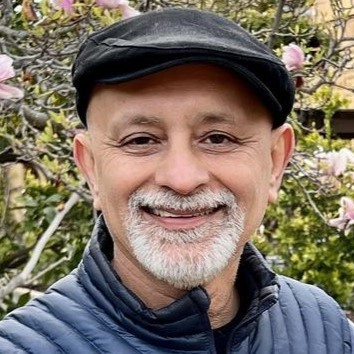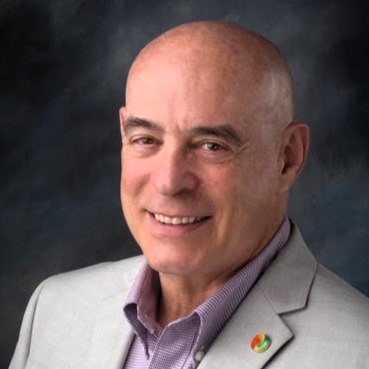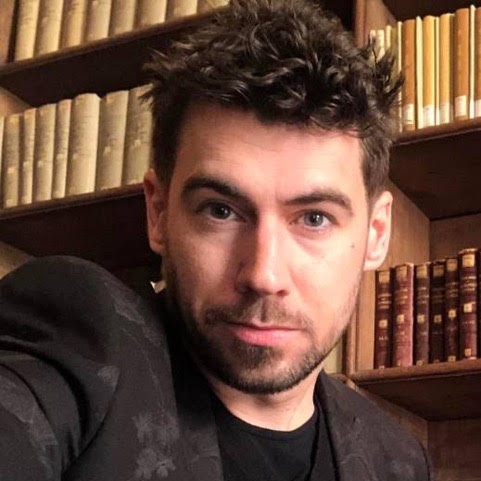DOCTOR OF PHILOSOPHY IN PSYCHOLOGY
INTEGRAL PSYCHOLOGY
Home » Degrees and Programs » PHD in Psychology
PhD in Psychology - Integral Psychology Track
Learn more about taking the next step toward your dreams...
BECOME AN AGENT OF POSITIVE CHANGE FOR TRANSFORMING INDIVIDUALS, COMMUNITIES, AND PSYCHOLOGY ITSELF
The CIHS PhD in Psychology Integral Psychology program track stands at the intersection of academic excellence and holistic practice, offering an unparalleled educational experience that integrates traditional psychological principles with innovative mind-body-spirit approaches. If your passion lies in pioneering new psychological paradigms, our program provides the ideal environment to develop your expertise and make a significant impact. We offer a robust curriculum that blends theoretical knowledge with practical application, supported by a faculty of renowned scholars and practitioners who are leaders in their fields.
If you aim to become a groundbreaking researcher in integral, transpersonal and/or positive psychology, our program provides the resources, community, and expertise to help you achieve your goals. Discover the unique blend of rigorous academic training and holistic practice that sets our program apart and prepares you to make a meaningful impact not only in the field of psychology, but in the world-at-large.
Degree Requirements
This degree requires 94 units.- Core Curriculum (28 units)
- Additional Example Electives (Your Choice) (44 units)
- Dissertation Sequence (22 units)
Concentrations (optional, but recommended)
Students can choose, but are not required, to declare a concentration to complete a PhD in Psychology. Currently three different concentrations are offered: an Individually Designed Concentration (IDC) and two Program Designed Concentrations (PDCs). PDC’s are recommended concentrations that CIHS specializes in and reflect specific domains of expertise that the program offers students. The IDC option is flexibly designed between the student and the program director or other faculty that the program director assigns.
Integral, Transpersonal, and Positive Psychology (PDC)
Have you ever pictured yourself as a person who helps build a new vision of humanity? You can play a part in developing a new and more powerful psychology that includes all aspects of who we are as whole persons. As a student in the Doctor of Psychology — Integral, Transpersonal and Positive Psychology program you will move forward on a path of research and scholarship, based on whole person approaches that broaden the horizons of Western psychology to embrace mystical, spiritual and other exceptional human experiences as processes that can heal and transform human consciousness. Learn more about the Integral, Transpersonal, and Positive Psychology concentration by clicking here >>>
Specializations within the Integral, Transpersonal, and Positive Psychology Concentration:
Individually Designed Concentration (IDC)
The Individually Designed Concentration (IDC) option was created to meet the needs of students who wish to design a unique course of study within the PhD in Psychology degree program. Students with IDC concentrations complete the same core courses and units for the degree program and design the IDC within their elective course units. Students who want to pursue an IDC should schedule a meeting with the program director to review administrative details.
To start an IDC, the student identifies and secures a faculty advisor whose area(s) of expertise align with the student’s proposed area of study who agrees to oversee the IDC. The faculty advisor reviews and approves IDC coursework (including electives and, if necessary, independent studies) and eventually completes the student’s pre-graduation audit to confirm all IDC requirements have been met.
Coursework (94 units)
Core Curriculum (24 units)
- Academic Writing Within the Human Sciences (4 units)
- Foundations in Integral Studies (4 units)
- Consciousness Studies (4 units)
- Spiritual Education (Several options available) (4 units)
- Advanced Qualitative Research Methods (4 units)
- Advanced Quantitative Research Methods (4 units)
Concentration Elective Courses (44 units)
- Foundations in Whole Person Psychology I (4 units)
- Foundations in Whole Person Psychology II (4 units)
- Scholarly Writing for Psychology I (4 units)
- Scholarly Writing for Psychology II (4 units)
- Critical Thinking (4 units)
- Foundations in Whole Person Psychology II (4 units)
- Research Design and Validation (4 units)
- Neuroscience of Consciousness (4 units)
- Psychological Energy (4 units)
- Transpersonal Sexuality (4 units)
- Psychedelic Culture and Social Transformation (4 units)
- Meditation and Personal Transformation (4 units)
- Introduction to Parapsychology (4 units)
- Anatomy of Presence (4 units)
- Human Sexuality: Clinical Considerations (4 units)
- Ethics & Law in Psychology (4 units)
- Family Violence, Partner Abuse, and Child Abuse: Assess & Intervention (4 units)
- Aging, Long-term Care, Grief and Suicide Risk Assessment (4 units)
- Psychopharmacology (4 units)
- Substance Abuse: Assessment, Intervention, and Treatment (4 units)
- Diagnosis in Clinical Psychology (4 units)
- Multiculturalism and Diversity in Counseling (4 units)
- Objective Personality Testing & Assessment (4 units)
- Intellectual Testing & Assessment (4 units)
- Projective Testing & Integrative Assessment (4 units)
- Psychodynamic Psychotherapy (4 units)
- Existential Humanistic Psychotherapy (4 units)
- Evidence-Based Psychotherapy (4 units)
- Dynamic Group Therapy: Theory and Practice (4 units)
- Family Therapy: Assessment and Intervention (4 units)
Dissertation Sequence (22 units)
- Dissertation Topic Research (5 units)
- Dissertation Methodology Review (5 units)
- Dissertation I (6 units)
- Dissertation II (6 units)
Program Learning Outcome
PLO 1: Examine people as ever evolving, multidimensional beings on a developmental journey toward wholeness, which encompasses the domains of mind, body, and spirit.
PLO 2: Apply multidisciplinary research, theory and praxis to aspects of psychology and/or psychotherapy.
PLO 3: Utilize holistic thought to psychology and/or psychotherapy in a way that includes consciousness and spirituality.
PLO 4: Evaluate and test elements of theory and/or application of psychological knowledge to human wellbeing.
PLO 5: Develop a personal framework for “self-as-healer” and/or “self-as-scholar” underscoring the notion that ongoing self-development is positively correlated with professional aptitude.
Admissions
When you reach out for more information or to apply, you’ll immediately be connecting with one of the leaders in your field of study. Although today these individuals are distinguished professors, once upon a time they were in your shoes and they haven’t forgotten what it is like and what you need.
They are passionate about their area of study, and want to do everything they can to mentor the next generation of experts and leaders to rise up, and exceed what even they have accomplished. As true leaders they know that is the best way of ensuring that their their area of study continues to significantly advance. They want you to succeed succeed beyond your expectations and do everything they can to ensure that – right from the start.
During the application process these leaders will work hard to understand where you’re at and give you their best advice, even if that means not joining their program. All of our faculty and staff are devoted to what is best for you, and the profession they serve.
CIHS is a relatively small family of people who are having an outsized impact on the world. We involve everyone who could possibly be needed to ensure that it’s as easy as possible to join us, and that you thrive with us right from the start.
The admissions team is always ready and overjoyed to help you. The core team consists of the senior Professor for the program that we’ve just mentioned, also known as the Program Director, and the Dean of Admissions. The extended team includes the Provost (the most senior academic leader at the university) and key administrative members of her team such as the Registrar, the Dean of Student Assessments and Outcomes, and the Dean of Student Success.
The program may be completed in person or 100% at a distance.
International students from all countries are welcome in person or online.
In person classes are held at our campus in beautiful Encinitas California.
U.S. Based distance students must reside in one of the following states: AZ, CA, CO, DE, FL, HI, ID, IL, IN, KY, ME, MI, MS, MO, NE, NH, NJ, NY, NC, NV, OH, OK, PA, SC, SD, TN, TX, UT, WA.
You can apply and be admitted to the program 4 times a year, at the start of each quarter.
We recommend beginning your application as soon as possible if you want to join the next start date.
Just click the button below for more information, or to begin the process…
Why CIHS?
- Fully accredited by WSCUC & non-profit serving students since 1992
- Unique, highly customizable degree programs
- Well known, proven leaders in the fields we specialize in
- World-class faculty and research programs
- Year round enrollment with frequent and convenient start dates
- Ability to complete your program in person, 100% online, or a hybrid between the two
- 10 week classes so you can start and finish faster
- Flexible class hours for working professionals
- Holistic & integral approaches
- Welcoming and inclusive environment
- Small class size with personalized attention
- Exceptional student support services
- Access to CIHS’s Science of Consciousness and Subtle Energy Research Laboratories, and one of the largest Faraday cages in the region.
- Extensive networking and career preparation opportunities
- Diverse faculty and industry professionals from a variety of fields
- Located in the beautiful beach city of Encinitas in northern San Diego, 95 miles south of Los Angeles
The most important benefit of attending CIHS does comes down to what we do: we focus on consciousness and mind-body spirituality
We are the only learning center of our kind in the United States: a fully accredited consciousness-based university
This has been our exclusive focus since our founding in 1992.
From the start we’ve been a magnet for top faculty, researchers and students in this space.
You know that if you want to advance the future of media technology, and have an outsized impact on the world, you go to the MIT Media Lab. If you want to advance the understanding and applications of mind-body consciousness, and have an outsized impact, you come to CIHS.
No other fully accredited institution is dedicated to these visionary areas like we are. This is the place to be.
Faculty
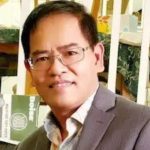
DR. ARTHUR SUN
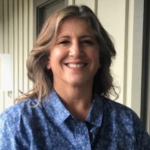
“CIHS is the best graduate school. I love the emphasis on scientific rigor and spirituality, and the integration of personal growth in each class. The professors are amazing and the administration is committed to the success and growth of each student. CIHS is an integral school that encourages multiple perspectives. If you want to grow not just academically but personally and spiritually, as well, come check out CIHS.”
CHRIS ORREY
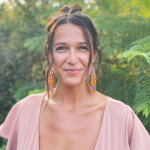
“Receiving higher education from an institute such as CIHS was the most transformative journey of my life. Academic rigor paired with spiritual awakening, psychological healing, and professional development put me through the wringer. I had never felt more complete, whole, and connected to the higher truths that I had never known I already knew. At the same time, my entire worldview was shaken and flipped upside down. I have come to see life, existence, and the perception of the physical world in an entirely new way. I have come to understand, witness and meet the force of nature that underlies human consciousness, that is to the extent of my own pscyho-spiritual evolution.”
FRANCESCA PARETTA
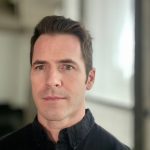
“CIHS has provided me with opportunities to understand psychology in a grounded scientific way, simultaneously exploring life, healing, and consciousness. CIHS is an ideal setting for those who are motivated to contribute to the evolution and progression of academic engagement, experiential learning, and research, and an equally supportive environment for healing practitioners seeking to deepen their skills and add to their credentials, where a multitude of perspectives are accepted and integrated, from wisdom traditions, to clinical understandings, to transpersonal awareness and beyond.”
MICHAEL SCOTT
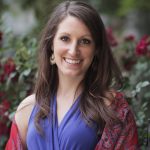
“CIHS has been an incredible experience so far, both academically and personally. I have found a “home” here where I can study consciousness and subtle energy in ways I couldn’t at previous graduate institutions. The students, faculty, and administration are amazing and have such diverse backgrounds and interests. I can’t wait to see how the school continues to evolve and grow!.”
LAUREN HICKEY
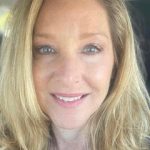
“I am so pleased with my recent PhD from CIHS. Nowhere else could I have achieved such a blended education of psychology, spirituality, and consciousness. The instructors were all well qualified and knowledgeable and assignments were reasonable. CIHS gave me the confidence I needed to expand my private practice. I also have now begun running international retreats. I feel well prepared to present myself as an expert in the field.”


